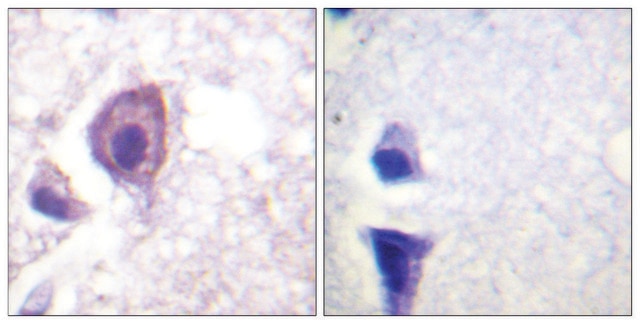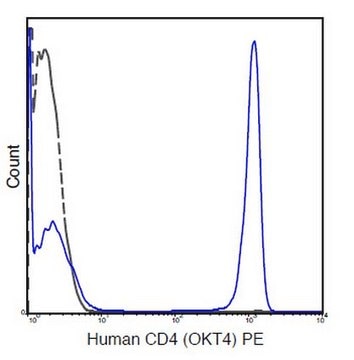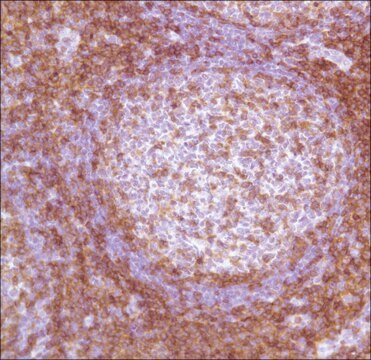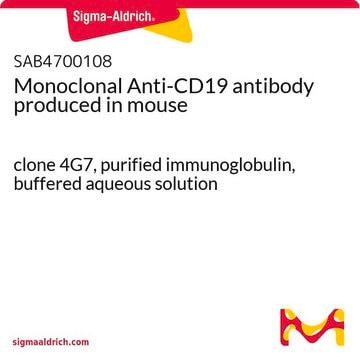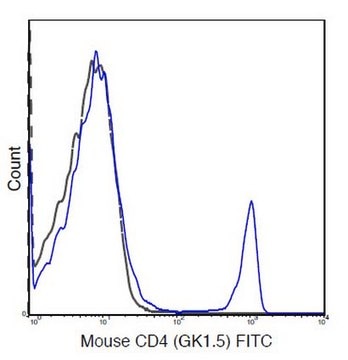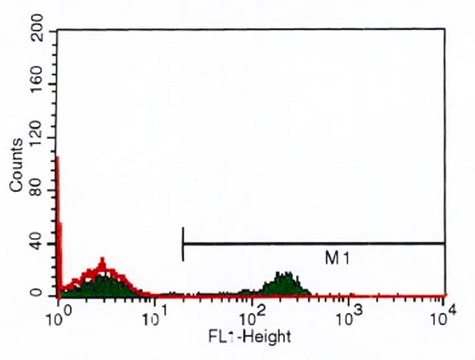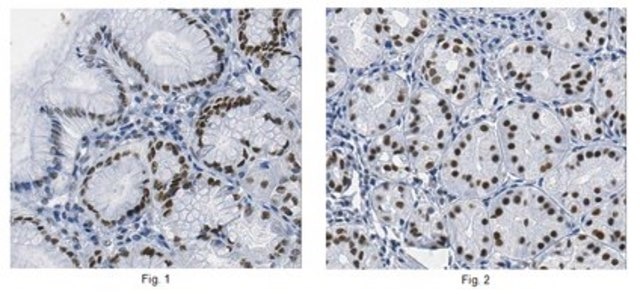SAB4700050
Monoclonal Anti-CD3 antibody produced in mouse
clone APA1/1, purified immunoglobulin, buffered aqueous solution
Synonym(s):
Anti-CD3 (activation epitope)
About This Item
Recommended Products
biological source
mouse
Quality Level
conjugate
unconjugated
antibody form
purified immunoglobulin
antibody product type
primary antibodies
clone
APA1/1, monoclonal
form
buffered aqueous solution
species reactivity
human, mouse
concentration
1 mg/mL
technique(s)
flow cytometry: suitable
isotype
IgG1
NCBI accession no.
shipped in
wet ice
storage temp.
2-8°C
target post-translational modification
unmodified
Gene Information
human ... CD3(916)
Related Categories
General description
Immunogen
Application
Biochem/physiol Actions
Features and Benefits
Physical form
Disclaimer
Not finding the right product?
Try our Product Selector Tool.
flash_point_f
Not applicable
flash_point_c
Not applicable
Certificates of Analysis (COA)
Search for Certificates of Analysis (COA) by entering the products Lot/Batch Number. Lot and Batch Numbers can be found on a product’s label following the words ‘Lot’ or ‘Batch’.
Already Own This Product?
Find documentation for the products that you have recently purchased in the Document Library.
Our team of scientists has experience in all areas of research including Life Science, Material Science, Chemical Synthesis, Chromatography, Analytical and many others.
Contact Technical Service